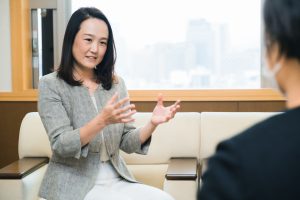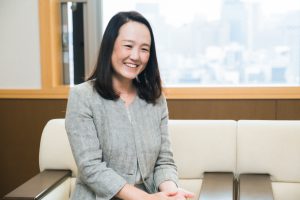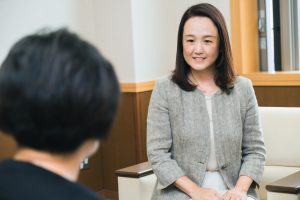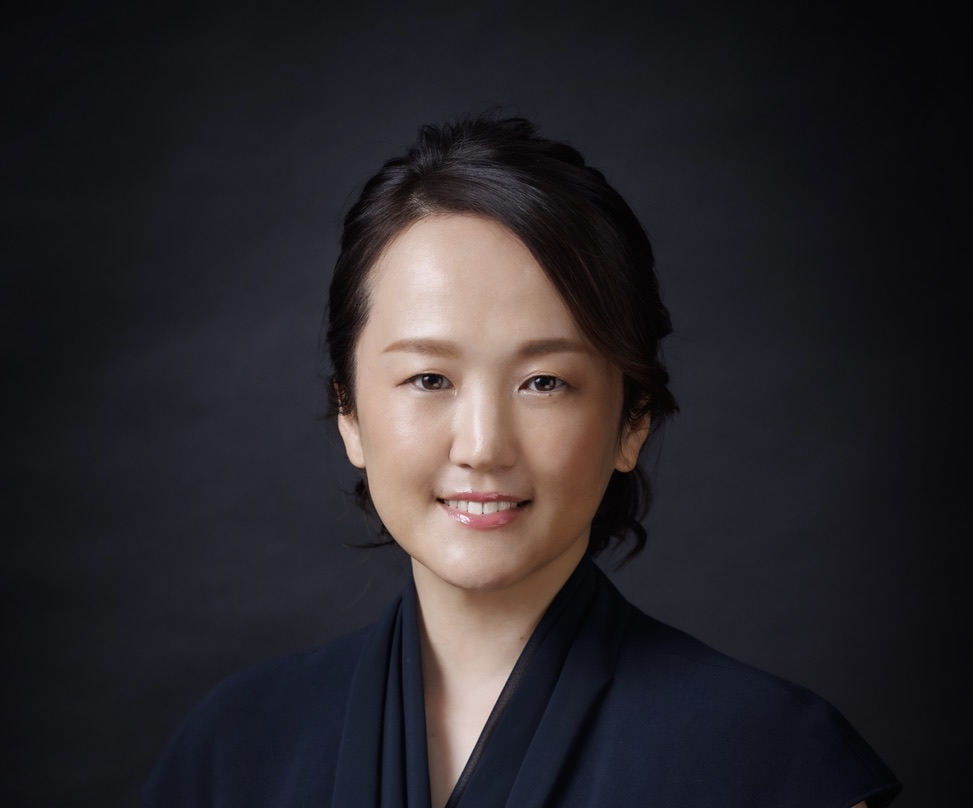I specialize in public administration and public management. Based on the conviction that good public administration is an essential foundation for the development of a nation, I seek to create research outcomes that will help us consider how to achieve excellence in public administration. Through my own activities, I seek to help people to understand the nature of public administration in various countries, take an objective look at public administration in their own countries, and assist them in developing skills to seek better ways of public administration. I believe that such skills could be termed “administrative intelligence.” I hope that, through my classes, students will broaden their horizons and be able to work for the future development of their own countries.
 I specialize in public administration and public management and seek to create research outcomes that will help us consider how to achieve excellence in public administration. Particular areas of focus include comparative public administration, public management, and public governance. Most recently, I have been engaged in empirical research into the impact of the use of artificial intelligence on public trust in public services.
I specialize in public administration and public management and seek to create research outcomes that will help us consider how to achieve excellence in public administration. Particular areas of focus include comparative public administration, public management, and public governance. Most recently, I have been engaged in empirical research into the impact of the use of artificial intelligence on public trust in public services.
Looking back on my career, at university, I majored in international development and it was there that I developed a strong interest in the way countries develop. When I joined the World Bank after receiving my master’s degree, I became acutely aware of the vital importance of good public administration for development. This arose from a project I worked on, involving tracking how public funds flow to the front line in recipient countries. It afforded me a glimpse of the reality that funds are not reaching the targets for which they were intended due to weak administrative functions. I realized clearly that no matter how good policy may be at the national level, it will not lead to development if the capacity of administrative agencies is inadequate. Since that time, I have been firmly convinced that good public administration is an essential foundation for the development of a nation.

Through my own activities, I seek to help people to understand the nature of public administration in various countries, take an objective look at public administration in their own countries, and assist them in developing skills to seek better ways of public administration. Similar to the concepts of emotional intelligence and cultural intelligence, I think that such skills could be termed “administrative intelligence.” In addition, in order to try to understand public administration, it is important to first understand the way a country and its people think and feel.
In my classes, students of different nationalities consider case studies relating to public administration in a range of countries and various topics, and think from multiple perspectives about what the best form of public administration could be for each country and how to achieve it. There are very often trade-offs in public administration and there is never one ideal solution. Furthermore, public administration is something that should be considered by the people of a country, who are the actual stakeholders, and not by the outside world. I hope that students of diverse nationalities and professions will be able to take a broader view of the future development of their countries.

The GraSPP curriculum is effectively structured for considering contemporary public policy issues of ever-increasing complexity. I feel that it is innovative in that it not only brings together different disciplines within the humanities, such as economics, public administration, political science, and international relations, but also incorporates science and technology, which are becoming increasingly relevant to policymaking.
When engaging in practical fieldwork, there may be times when people think about things in confrontational terms vis-à-vis countries or the missions of international organizations. There may also be times when they may become biased in their thinking as their degree of specialization increases. However, here in academia, students are able to engage in discussions and enhance each other’s views from a neutral perspective, and in a peaceful and constructive manner. I look forward to being able to grow together in this precious environment.



